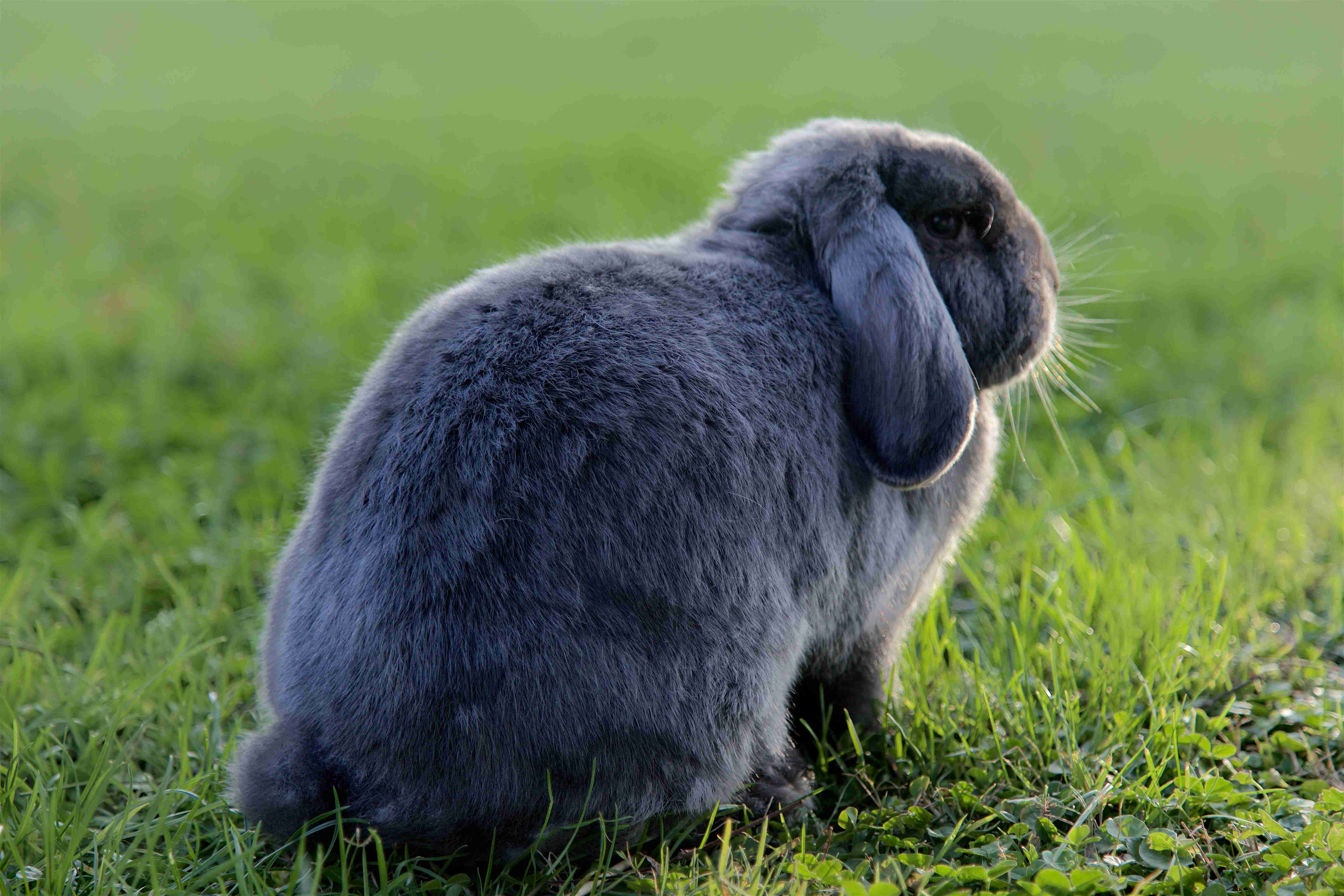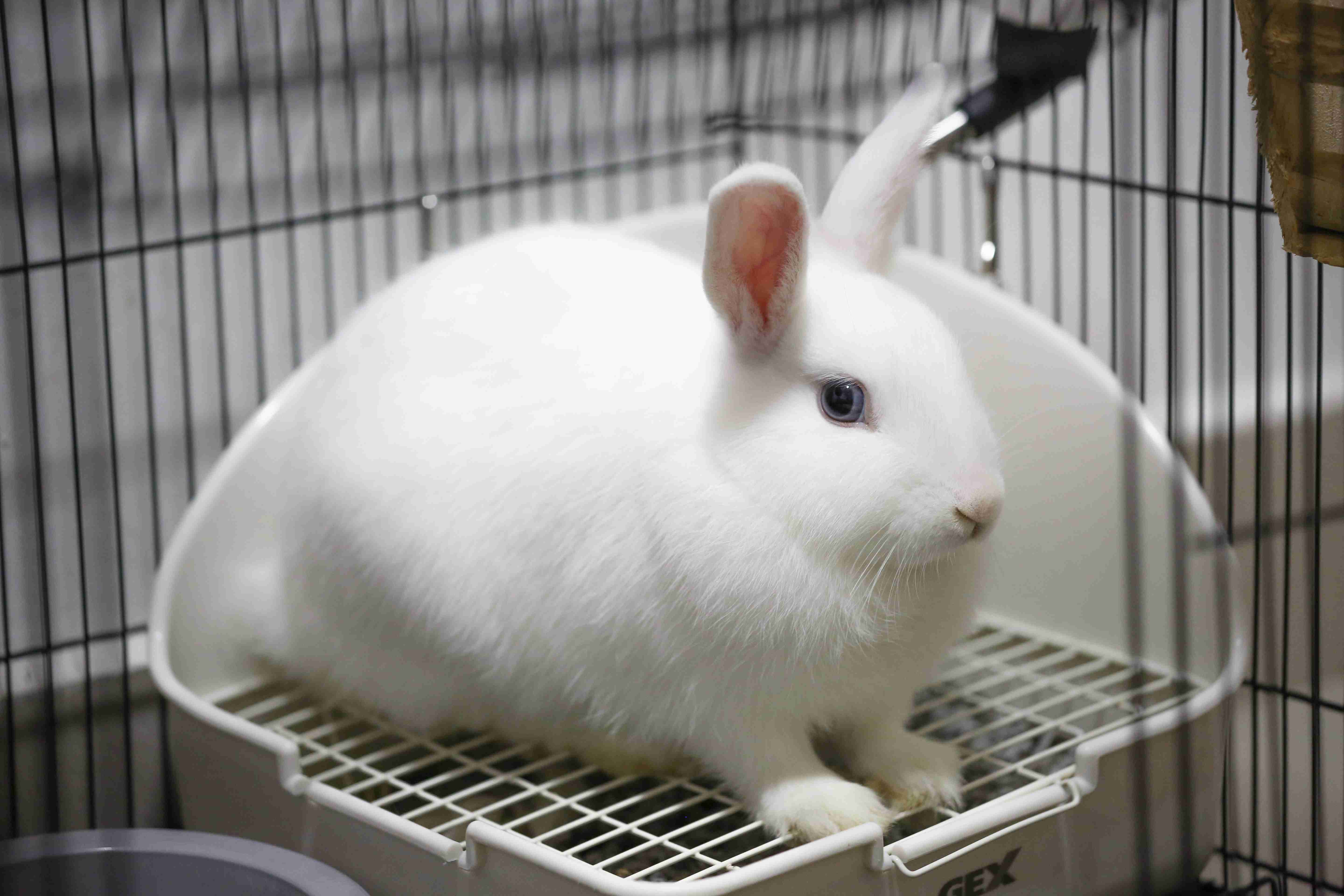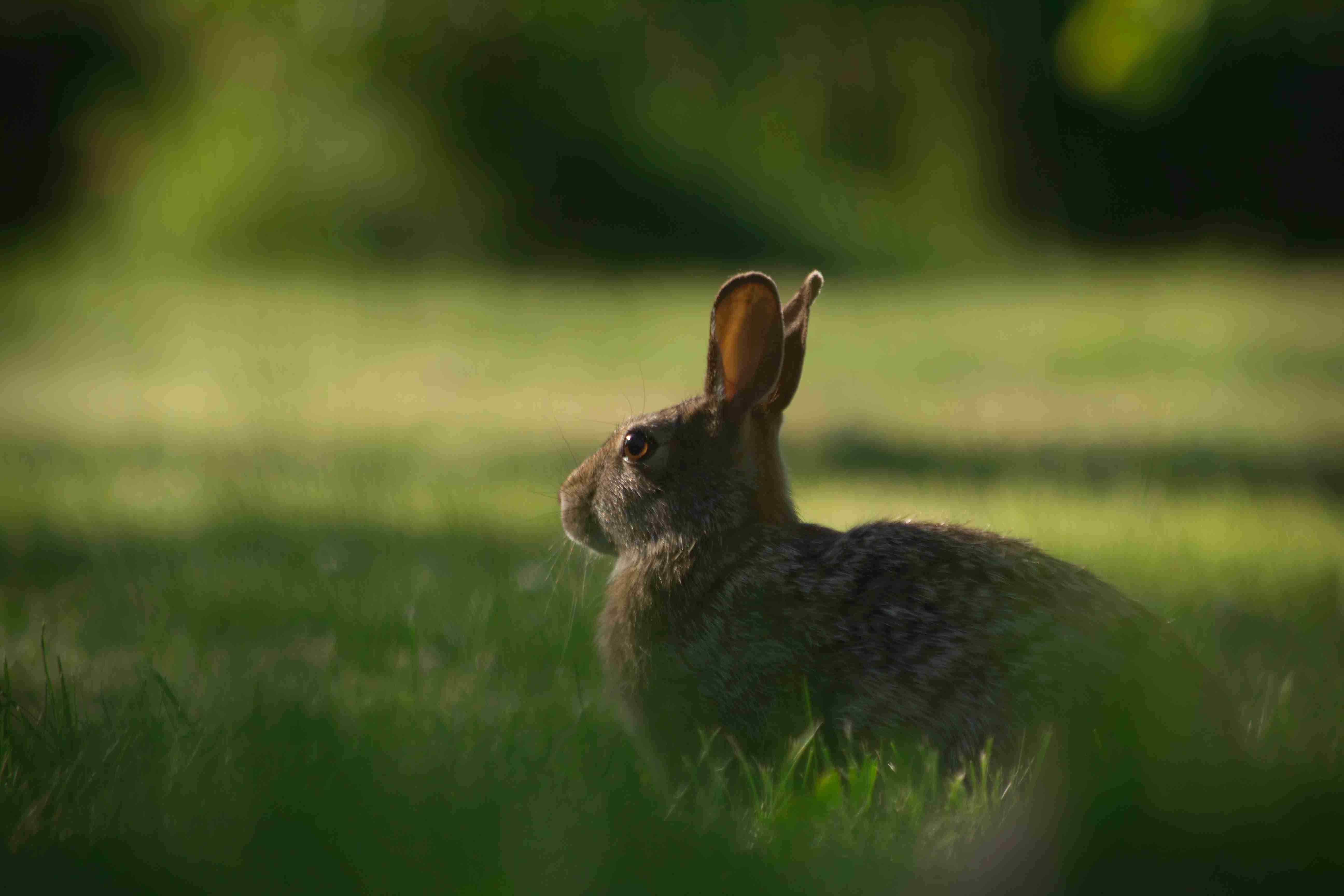Rabbits are adorable and beloved pets that require a lot of care and attention. As a rabbit owner, it’s essential to be aware of any possible health issues your furry friend may encounter. One of the most common health concerns in rabbits is anemia, a condition that can cause serious harm if left untreated. Anemia occurs when the red blood cell count in the rabbit’s body is lower than normal, resulting in a lack of oxygen in the body’s tissues. In this blog post, we’ll discuss the common signs and symptoms of anemia in rabbits, so you can identify the condition early and seek prompt medical attention.
Rabbits are adorable and delicate creatures that make great pets. As pet owners, it’s important to ensure that our rabbits are healthy and happy at all times. Anemia is a common condition that rabbits can suffer from, and if left untreated, it can be fatal. Knowing the signs and symptoms of anemia in rabbits is crucial in identifying the condition early and getting your pet the treatment they need.
Anemia is a condition where the body lacks enough red blood cells to carry oxygen to the tissues. Red blood cells are responsible for transporting oxygen from the lungs to the rest of the body. Without enough red blood cells, the tissues and organs in the body become deprived of oxygen, leading to a range of symptoms.
One of the most common causes of anemia in rabbits is a poor diet. Rabbits need a balanced diet that includes fresh hay, vegetables, and a small amount of pellets. A diet that is high in carbohydrates, low in fiber, or lacks essential nutrients can lead to anemia. Parasites such as fleas, lice, and mites can also cause anemia in rabbits. These parasites feed on the rabbit’s blood, leading to a loss of red blood cells.
The signs and symptoms of anemia in rabbits can vary depending on the severity of the condition. Some of the common signs to look out for include:
1. Pale gums and inner eyelids – Check your rabbit’s mouth and inner eyelids for signs of paleness. The gums and inner eyelids should be a healthy pink color. If they appear pale or white, it could be a sign of anemia.
2. Lethargy and weakness – Rabbits with anemia may appear weak, lethargic, and have little energy. They may also be less active than usual and not want to play or interact with you.
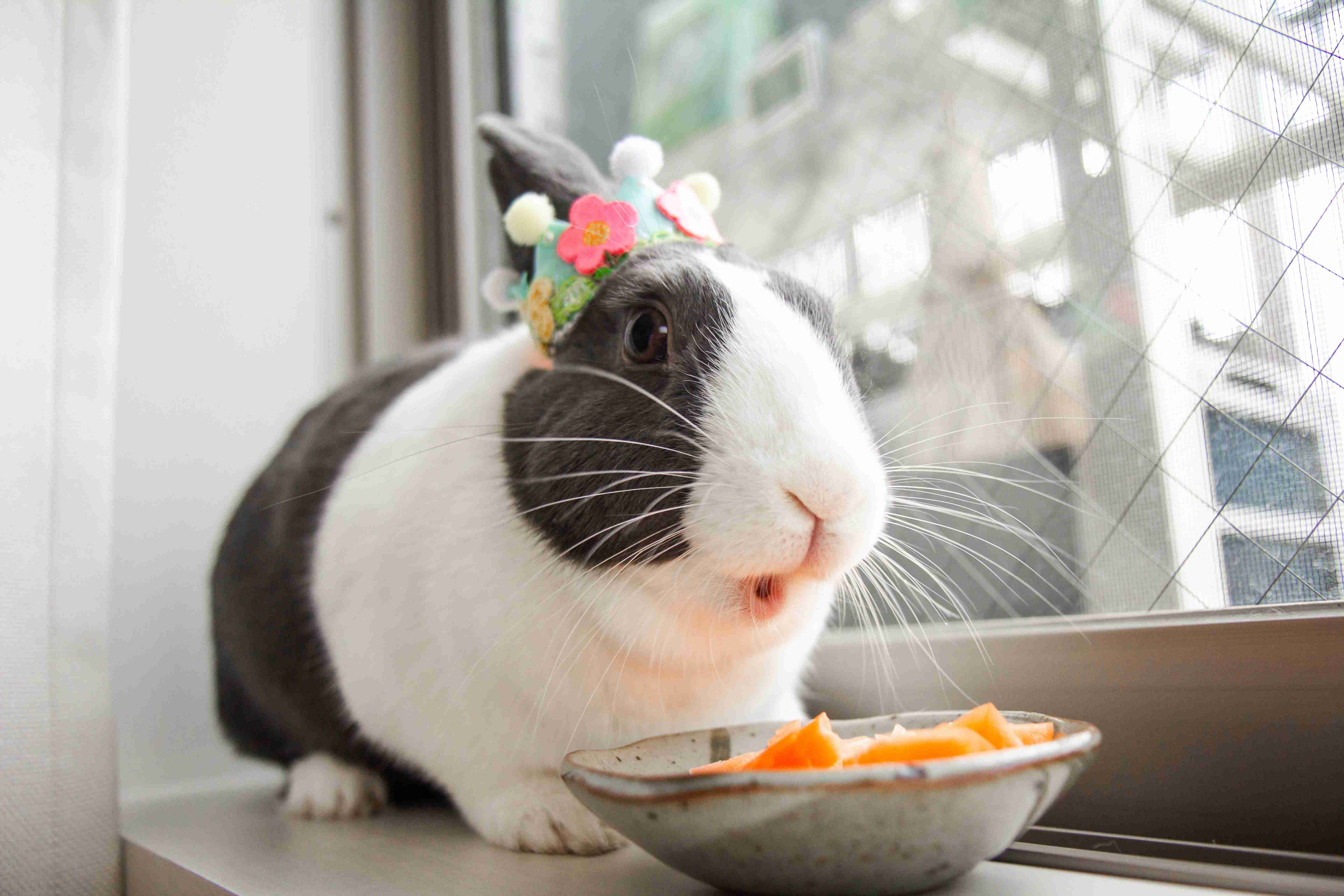
3. Loss of appetite – Anemia can cause a loss of appetite in rabbits. If your rabbit is not eating or drinking as much as usual, it could be a sign of anemia.
4. Rapid breathing – Rabbits with anemia may breathe faster than usual. This is because their body is trying to compensate for the lack of oxygen in their tissues.
5. Weight loss – Anemia can cause rabbits to lose weight rapidly. If your rabbit is losing weight despite eating normally, it could be a sign of anemia.
If you notice any of these signs in your rabbit, it’s important to take them to the vet as soon as possible. Your vet will perform a physical exam and may recommend blood tests to confirm the diagnosis of anemia.
Treatment for anemia in rabbits usually involves addressing the underlying cause of the condition. This may include a change in diet, medication to treat parasites, or supplements to boost red blood cell production. In severe cases, blood transfusions may be necessary.
Overall, anemia is a serious condition that can affect rabbits of all ages. As a pet owner, it’s important to be aware of the signs and symptoms of anemia in rabbits and take action if you notice any of these signs. With prompt treatment, most rabbits with anemia can make a full recovery and enjoy a happy, healthy life.
In conclusion, recognizing the signs and symptoms of anemia in rabbits is crucial to their health and well-being. As a responsible pet owner, it is important to be vigilant and attentive to your rabbit’s behavior and physical appearance. If you suspect your rabbit may be anemic, it is important to seek veterinary care immediately. With early diagnosis and treatment, your rabbit can recover and live a long, happy, and healthy life. Remember, your rabbit depends on you for their care and well-being, so make sure to always prioritize their health and happiness.


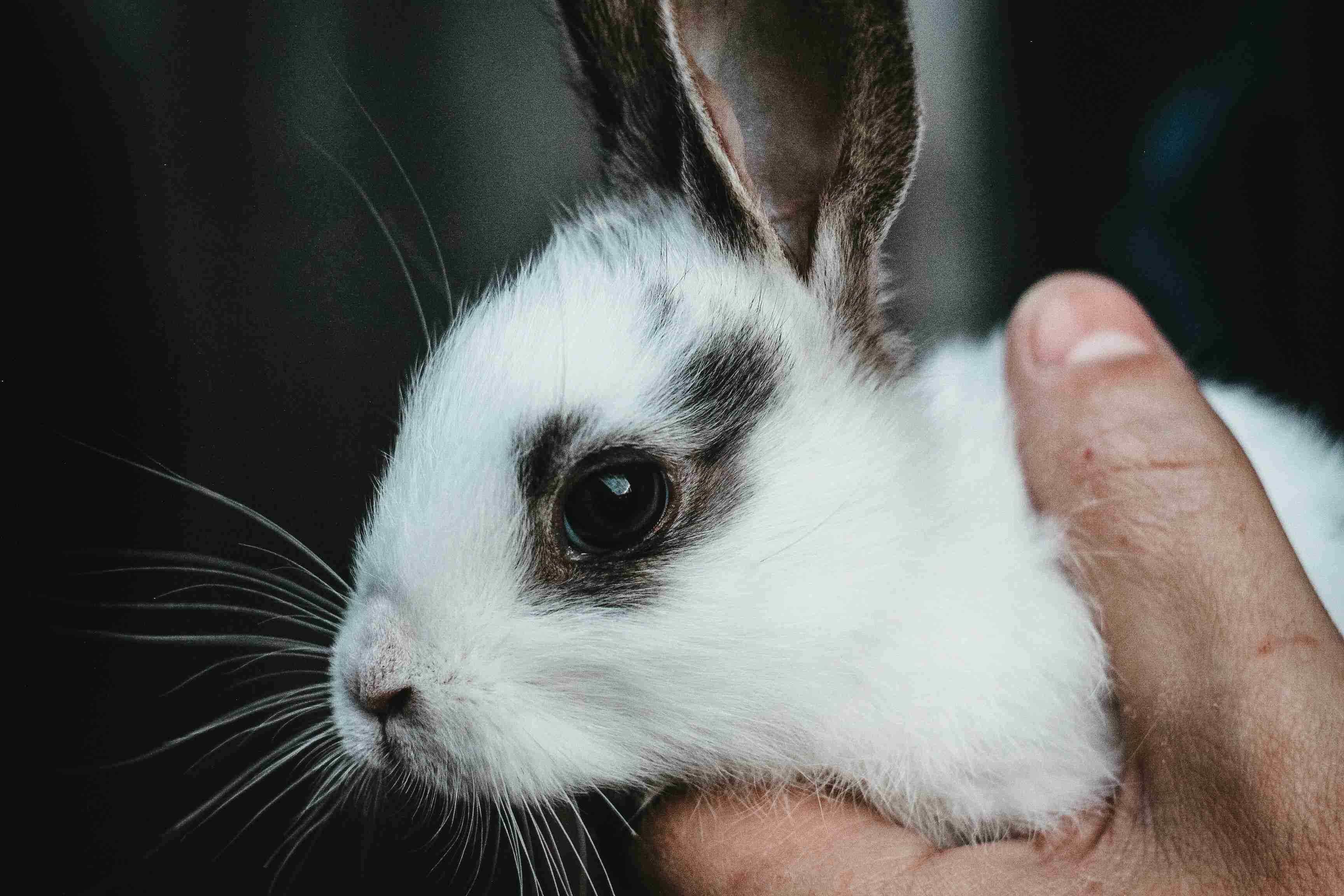
.jpg)
